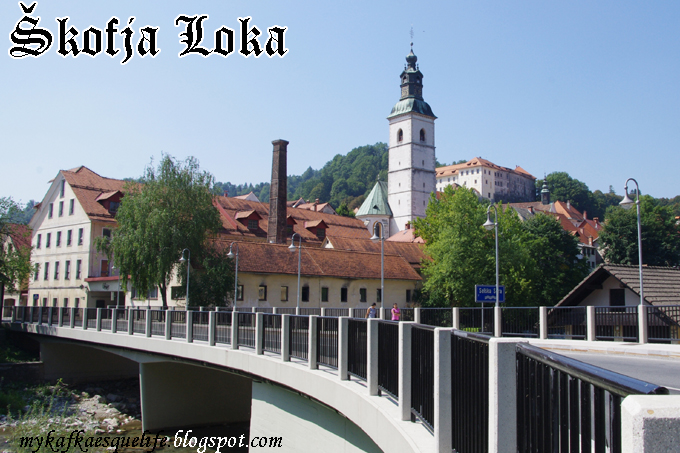

Škofja Loka (pronounced as "Shkof-ya Loh-kah" ) is a historic small town in northwestern Slovenia, close to Kranj. We went there after we spent a day in
. I had never been in Škofja Loka before, so I was very curious to see how it looks like.
✰ Funny parking incident
The town is situated on several hills and randomly spread out all over. That gave me some minor headaches, because driving through the town was a bit confusing. I found a huge parking lot of a nearby factory close to the center, but wasn't sure, whether I could park there or not. A signboard said only employees are allowed to park there. So I decided to ask a local, if it's ok to park there. I saw a young couple passing by and I asked them, but guess what? They were British and couldn't help me. They were clueless tourists like us. After I told them in English about my concern, they started to worry as well. Luckily soon after a local woman passed by and told me, that it's ok to park there, that usually nobody gets a ticket for that. Even so, I did not feel very good about the whole thing, so we didn't spend a lot of time in Škofja Loka.

✰ About the name Škofja Loka
Prikaži večji zemljevid
The name "Škofja Loka" would literally mean "Bishop's Loka". The original name of the settlement was Loka, which is a common Slovenian topographic name and means "meadow near water". Škofja (Bishop's) was added in the 10th century, when the Holy Roman emperor Otto II. gave the town to bishop Abraham of Freising from Bavaria, where it remained until the early 19th century.
Škofja Loka is said to have the best preserved medieval center in Slovenia. That might be true, but the buildings are not in a good state. I was a bit disappointed about that, because when you see towns like Piran and Gorica (I), where the old buildings are renovated and the streets are nicely paved, you get shocked, when you walk around Škofja Loka. Some streets are not even paved and their town square is plastered with one big piece of asphalt. And another sqare is used for traffic, it's dirty and hard to walk on, because so many cars are parked everywhere. I hope this will be improved in the future and Škofja Loka will truly become a beautiful town.
Here are my photos of Škofja Loka:
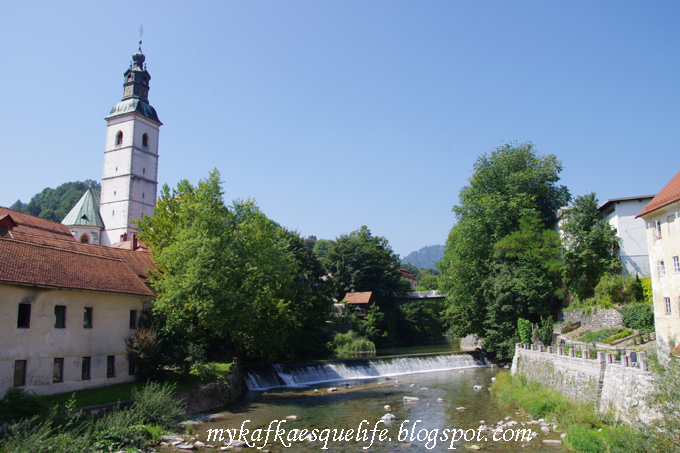
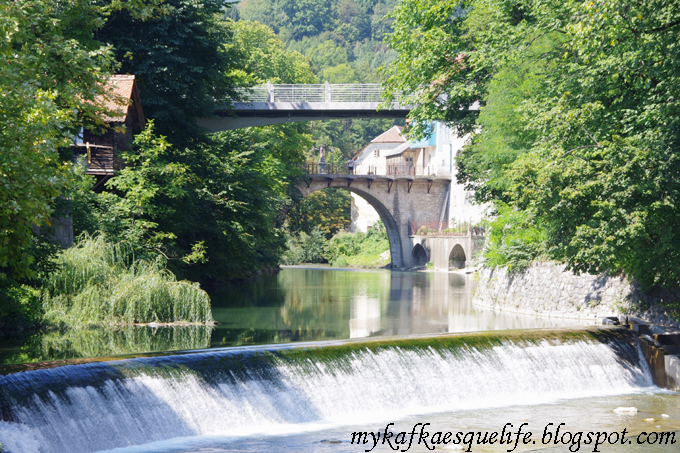

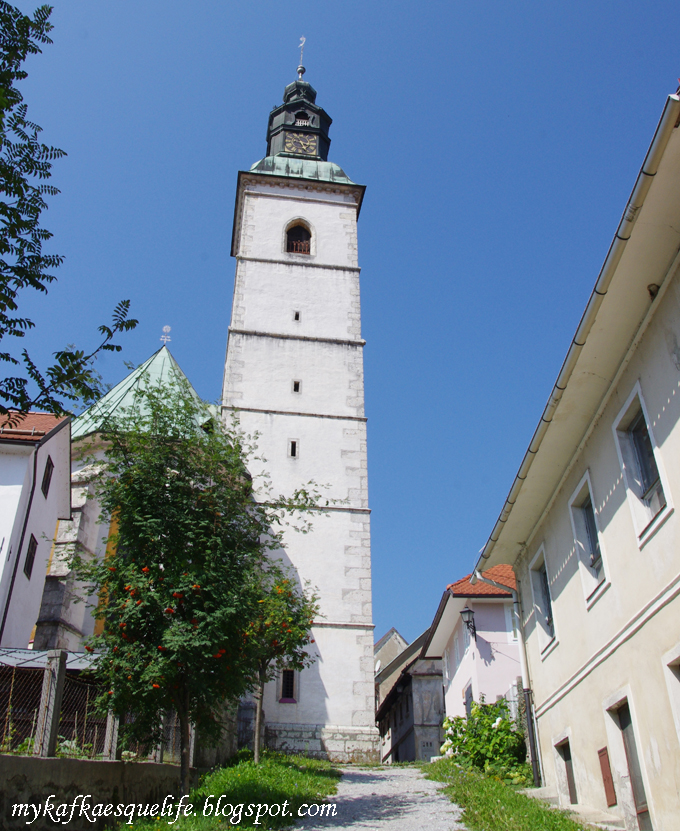
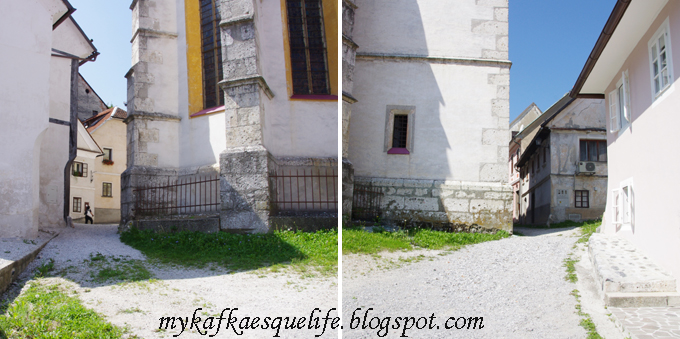
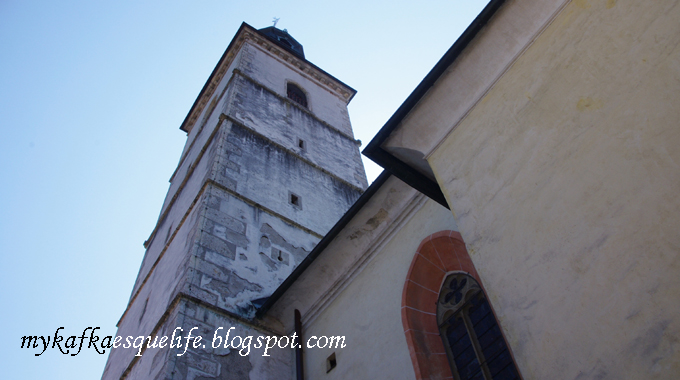
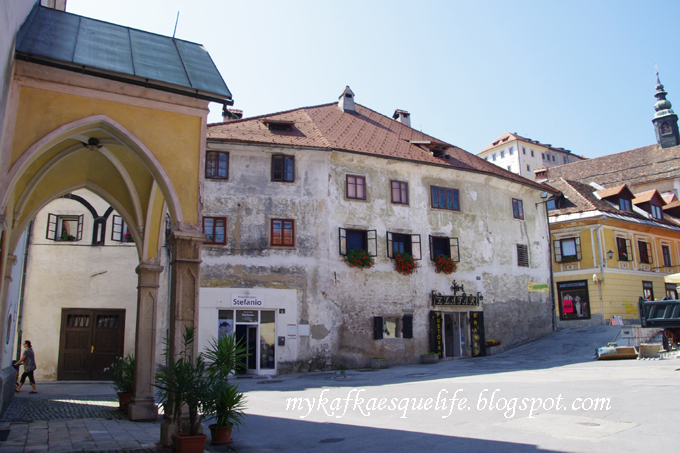

✰ The legend of Škofja Loka's coat of arms
An interesting thing about the coat of arms of Škofja Loka is a head of an African man (read more about "blackamoor") with a crown and big earrings inside the castle. How did that happen? A legend says, that Abraham, the bishop of Freising and lord of Škofja Loka was once attacked by a bear near the town and his bondman, an African man, killed the fierce animal with a bow. In thanks for that, Abraham promised to the man, that "he will make him famous, so that many later generations will remember him." He kept his promise by putting the man in the coat of arms of Škofja Loka and subsequently in the coat of arms of the Freising Diocese.

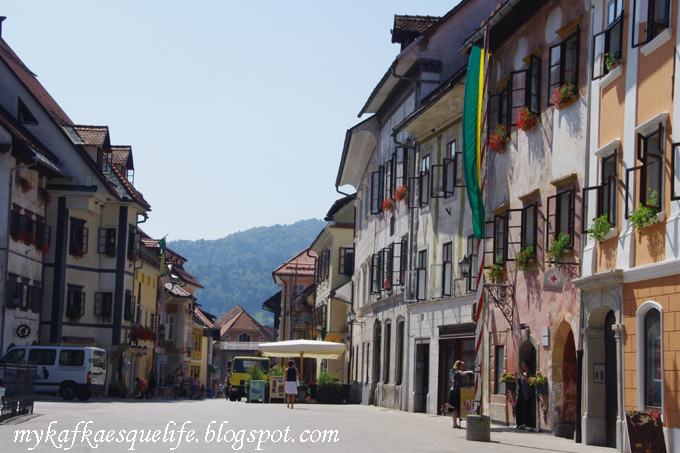


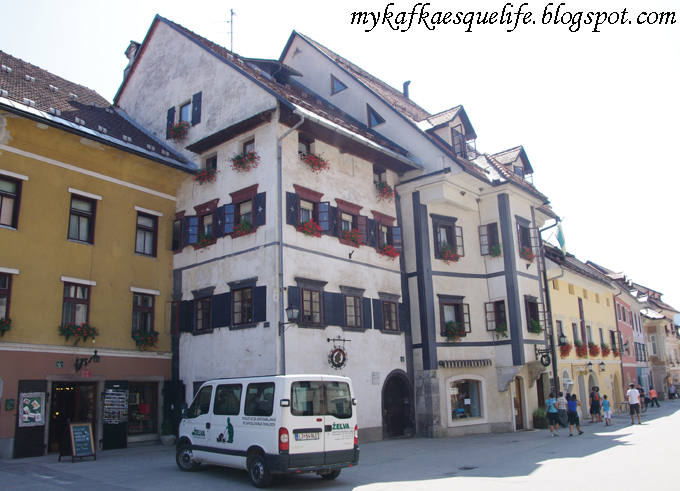
✰ The castle of Škofja Loka
Škofjeloški grad (pron. "Shof-ye-losh-kee graht") is the castle above Škofja Loka's historic center. It was built in the 10th century. In the early 16th century an earthquake destroyed many parts and the castle had to be thoroughly renovated and partly rebuilt. Today there is a local museum with a collection of paintings and a display of the local history, especially the history of 20th century.
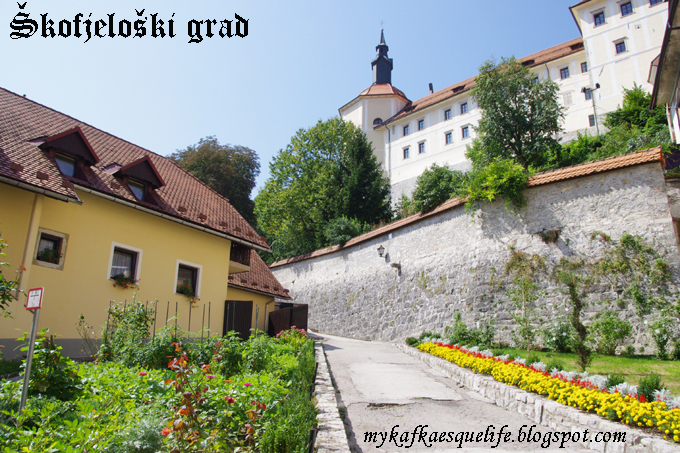
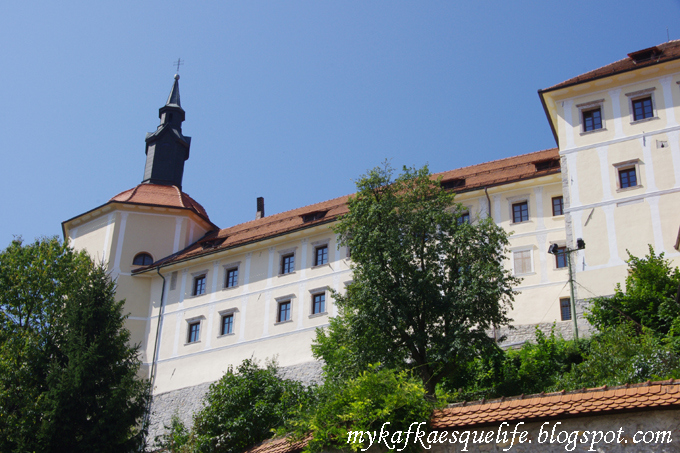
Škofja Loka is famous for the annual Škofjeloški pasijon (see some photos here).
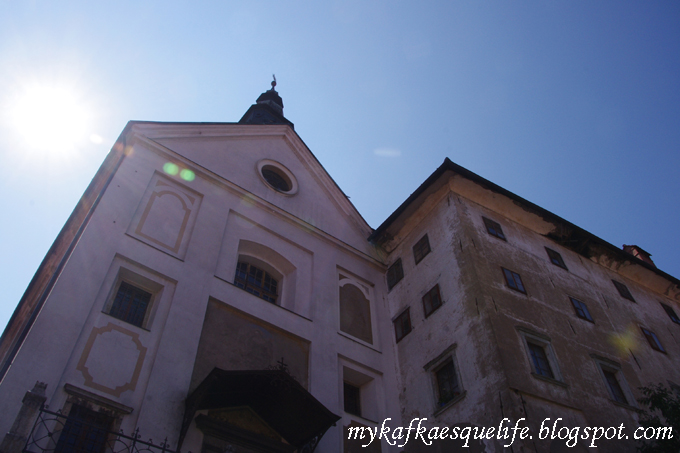
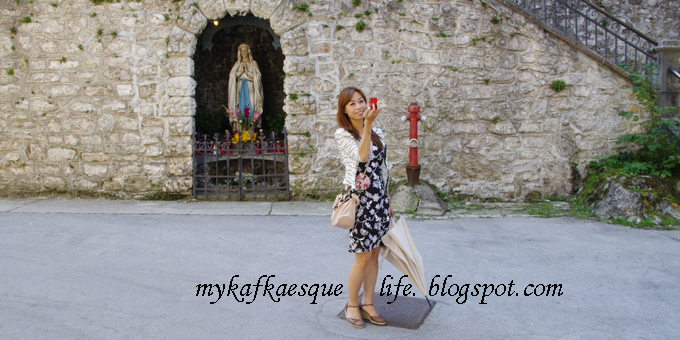

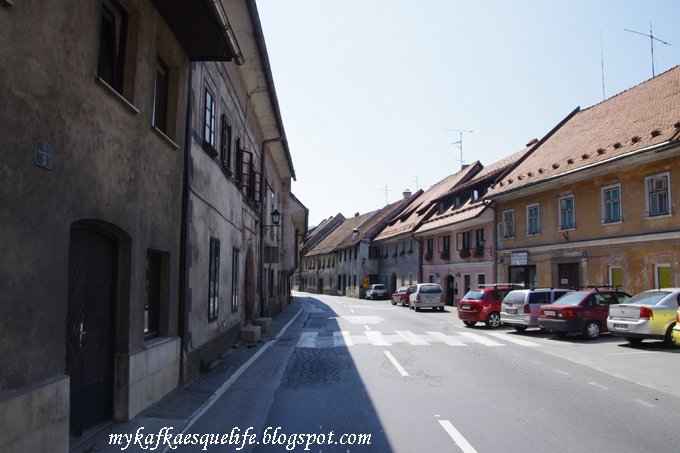
My rating of Škofja Loka:
Great place for photos ✰✰✰✰✰
Great place for photos ✰✰✰✰✰
Well preserved and clean ✰✰✰✰✰
Toilets, parking, souvenirs ✰✰✰✰✰
[All photos by MKL, 2010]


No comments:
Post a Comment